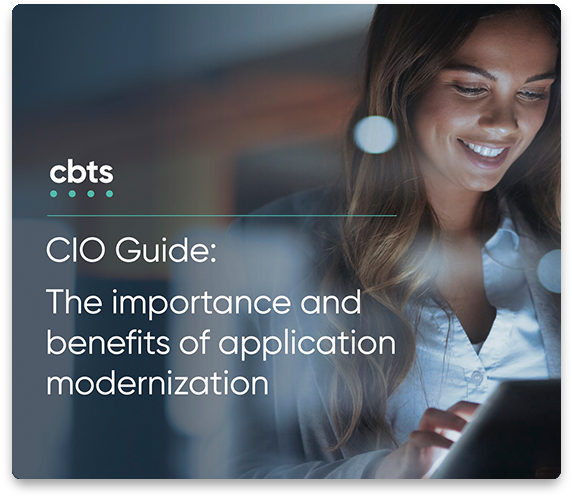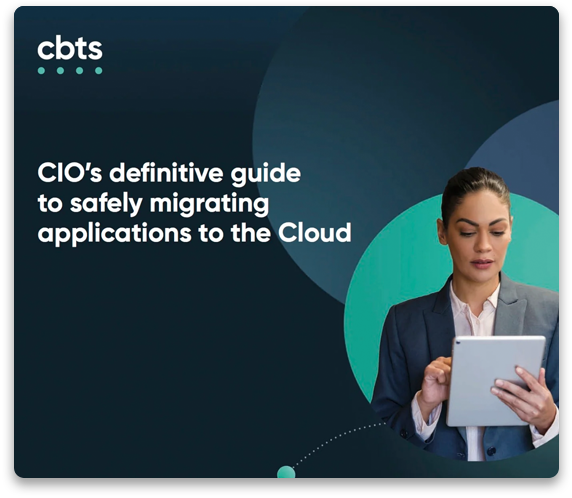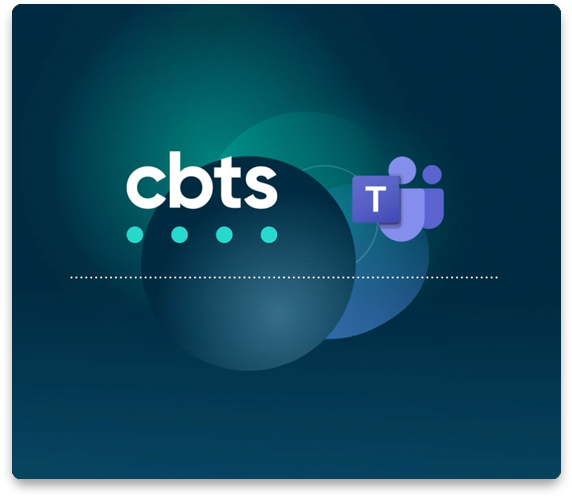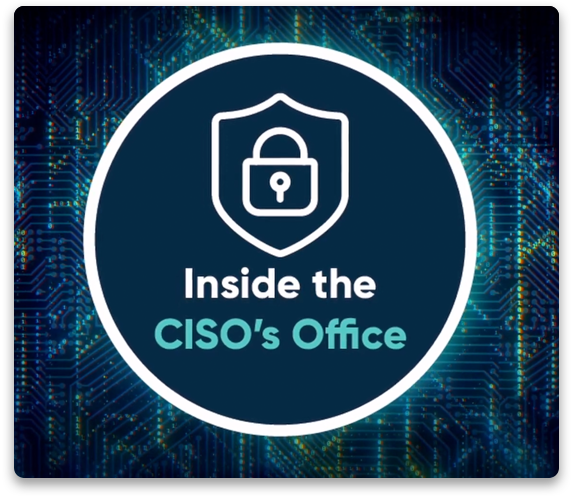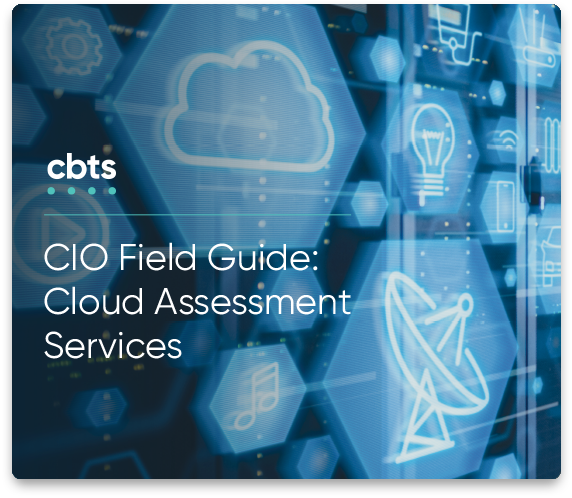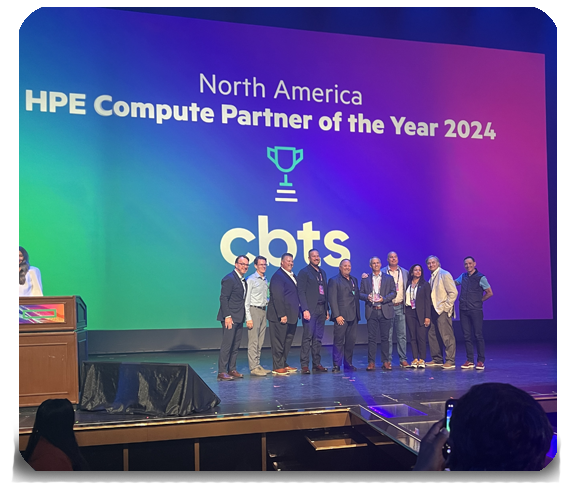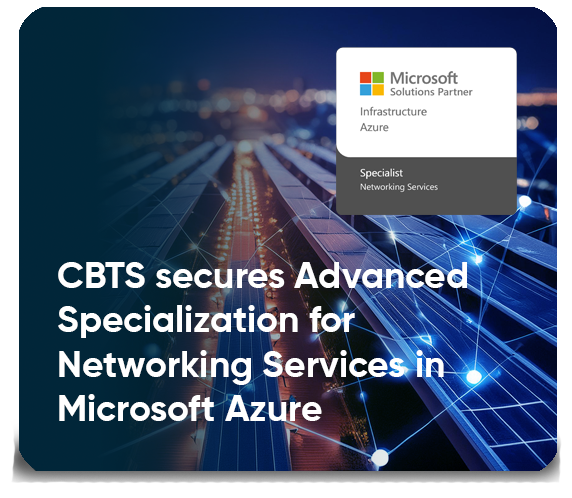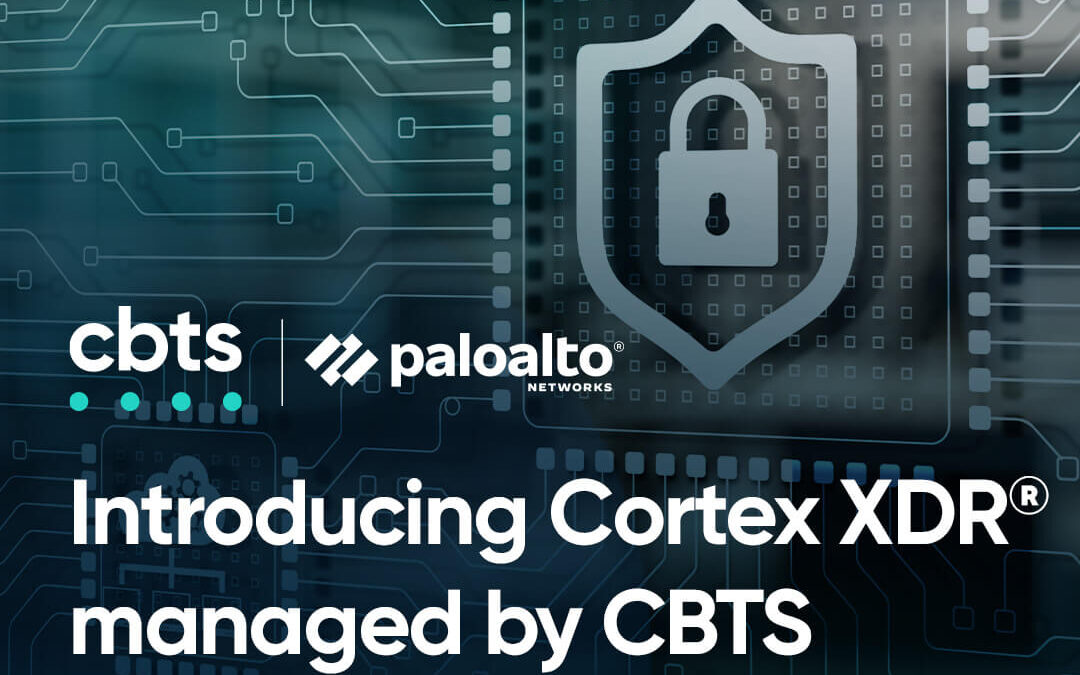
What is a Virtual Private Network (VPN)
Transacting on an unsecured network means you could be exposing your private information. VPN services establish secure and encrypted connections to provide greater privacy than even a secured Wi-Fi hotspot. That’s why a virtual private network, better known as a VPN, should be a must for anyone concerned about their online security and privacy.
Think about all the times you’ve been on the go, reading emails while in line at the coffee shop, or checking your bank account while waiting at the doctor’s office. Unless you were logged into a private network that requires an encryption key, any data transmitted during your online session could be vulnerable to eavesdropping by strangers. Now think of your entire workforce accessing or exchanging private company information while away from the office. Many of us have a full-time remote workforce that does business from a hotel, a local coffee shop, or even from the car or while at a rest stop when traveling. More times than I can count I’ve had to “set-up office” wherever I could find a spot that was somewhat private.
How a VPN protects your privacy
VPNs essentially create a data tunnel between your local network and an exit node in another location making it seem as if you’re in another place. This benefit allows online freedom, or the ability to access and exchange private information while on the go.
VPNs use encryption to scramble data which makes it unreadable. Because your data is encrypted, using a VPN will prevent many forms of Man in the Middle (MitM) attacks. This is particularly true when using public Wi-Fi, hotspots, or open/unsecured networks, because it prevents anyone else on the network from seeing your activity. Even if you’re connected to an “evil twin” hotspot or your information is intercepted using a Wi-Fi packet sniffer, your data will be safe, because the data is encrypted before it enters the data channel of the evil twin hotspot.
A VPN can help protect all of your devices: desktop computers, laptops, tablets, and smart phones. Your devices can be prime targets for cybercriminals. In short, a VPN helps protect the data you send and receive on these devices so hackers won’t be able to watch your every move.
NOTE: If your smartphone’s Wi-Fi is enabled at all times, your device could be vulnerable without you ever knowing it. Everyday activities like online shopping, banking and browsing can expose your information, making you vulnerable to cyber crime.
Learn about how CBTS can help protect your information.

